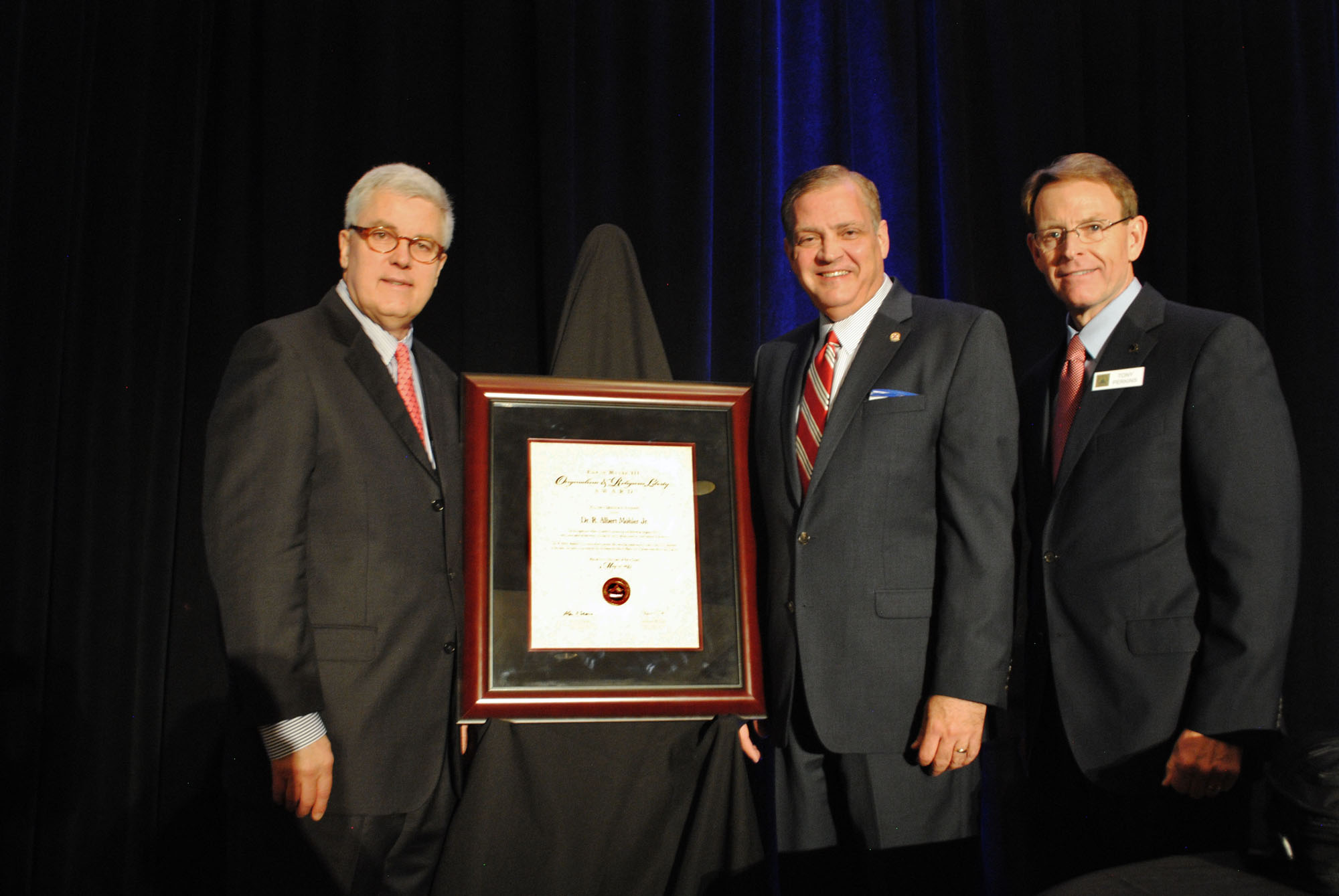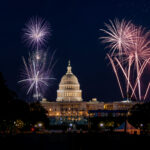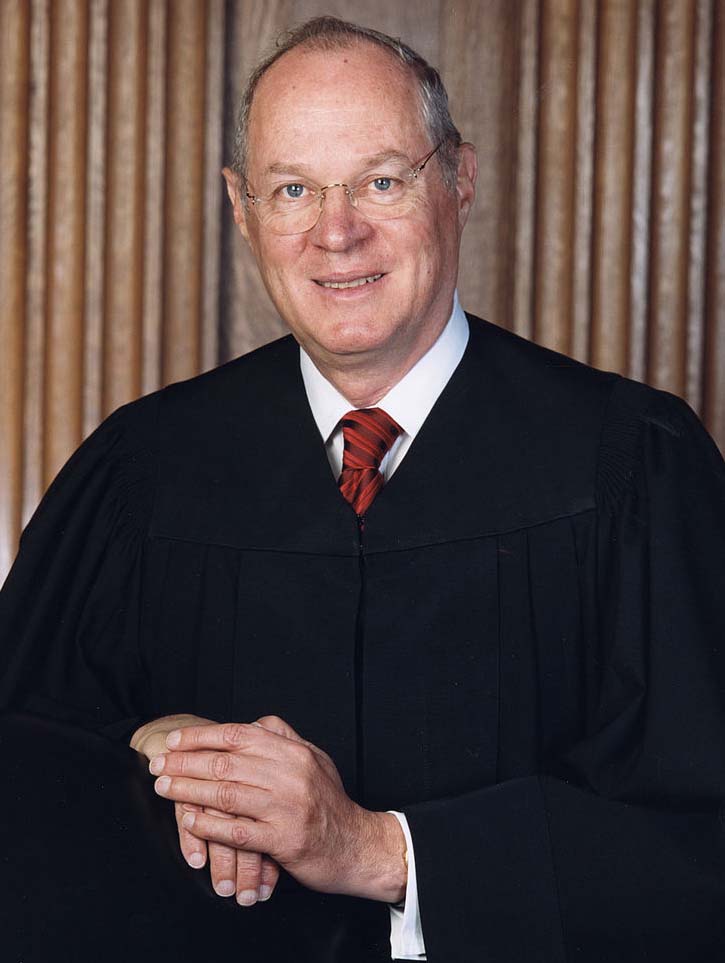 [1]
[1]ATLANTA (BP) — Former Atlanta Fire Chief Kelvin Cochran has gained a victory in federal court, where a judge ruled the city’s policies under which he was fired are unconstitutional.
Federal Judge Leigh Martin May granted summary judgment to Cochran Wednesday (Dec. 20), finding Atlanta’s pre-clearance rules governing such activities as writing a non-work-related book violate the U.S. Constitution’s First Amendment by restraining speech in advance and inviting “unbridled discretion” by the city to approve or deny outside work.
However, Cochran did not succeed on the other First Amendment claims he brought. May granted summary judgment to the city on Cochran’s claims of freedom of speech retaliation, freedom of association retaliation and viewpoint discrimination. She also refused to agree that Atlanta had violated Cochran’s free exercise of religion.
The city terminated Cochran, now a staff member of a Southern Baptist church, after he wrote a men’s devotional book that advocated in a brief section the biblical view of marriage and sexuality, including that homosexual behavior is immoral. Cochran’s case is one of a mounting number involving employees or business owners whose religious convictions about such issues as same-sex marriage and homosexuality clash with the viewpoint of the government.
Kevin Theriot, senior counsel for Alliance Defending Freedom (ADF), said after the decision, “The government can’t force its employees to get its permission before engaging in free speech. … [T]he city can’t leave such decisions to the whims of government officials.”
May’s decision “benefits not only Chief Cochran, but also other employees who want to write books or speak about matters unrelated to work,” Theriot, who argued on Cochran’s behalf in federal court, said in a written statement. “Atlanta can no longer force them to get permission or deny them permission just because certain officials disagree with the views expressed.”
Southern Baptist religious freedom advocate Russell Moore described the ruling as “good news for every American.”
“This case is about whether or not people of faith can live and work in the public square,” said Moore, president of the Ethics & Religious Liberty Commission, in written comments for Baptist Press. “The government does not have the right to sanction the beliefs of its employees, or punish those whose beliefs the state finds disagreeable. I am glad to see the district court rule on this side of freedom of conscience.”
In her 50-page opinion, May granted summary judgment to Cochran on his claims the city’s pre-clearance rules are unconstitutional because they constitute “a prior restraint” on speech and “an exercise of unbridled discretion.”
With its pre-clearance rules, Atlanta “has provided absolutely no evidence to support the necessity of this ban, and this Court cannot speculate on what evidence the City could have brought forward,” May wrote.
The city’s rules apply “to all outside employment even if it is plainly untethered from the employee’s job,” she said. “This policy would prevent an employee from writing and selling a book on golf or badminton on his own time and, without prior approval, would subject him to firing. It is unclear to the Court how such an outside employment would ever affect the City’s ability to function, and the City provides no evidence to justify it.
“The potential for stifled speech far outweighs an unsupported assertion of harm,” the Atlanta-based judge wrote.
Regarding Cochran’s other religious liberty claims, May ruled that Cochran’s “speech caused such an actual and possible disruption that it does not warrant First Amendment protection in the workplace,” based upon Supreme Court and appeals court precedents.
At a November hearing, May indicated a jury trial would be likely in the spring on the issues she did not address in her initial opinion. In her Dec. 20 decision, she told both parties to file pre-trial orders within 30 days to present the issues they believe remain.
The city said at the hearing Cochran listed his fire department title in the book without permission and failed to inform the city of its publication, The Atlanta Journal-Constitution reported. Cochran said a city official verbally approved both the publication of the book and the use of his title in the book, which he wrote on his own time.
Cochran — now chief operating officer of Elizabeth Baptist Church, a multi-site church in the Atlanta area — served on the Resolutions Committee at the 2016 Southern Baptist Convention meeting and presented to messengers a resolution affirming Southern Baptists’ commitment to biblical sexuality and urging protection for religious free exercise. Messengers approved the resolution.
Cochran was one of the first African Americans to serve with the Shreveport (La.) Fire Department and became its fire chief. He became Atlanta’s fire chief before President Obama appointed him as U.S. Fire Administrator. He returned to Atlanta and served as its fire chief for five years before his termination.
The case is Cochran v. City of Atlanta.
The legalization of same-sex marriage has resulted in clashes between the rights of wedding vendors — such as cake designers, florists and photographers — and those of gay couples.
The first case to reach the U.S. Supreme Court in the growing legal skirmish between religious liberty and sexual liberty was argued Dec. 5. A decision is expected before the high court closes its term next summer. The case involves Colorado cake artist Jack Phillips and his Masterpiece Cakeshop.
Phillips, who is a Christian, declined to design and decorate a cake for the wedding of two men because of his belief marriage is only between a male and a female. The Colorado Civil Rights Commission ordered Phillips to create custom cakes for same-sex ceremonies or quit designing wedding cakes, and the Colorado Court of Appeals upheld the commission’s decision.







